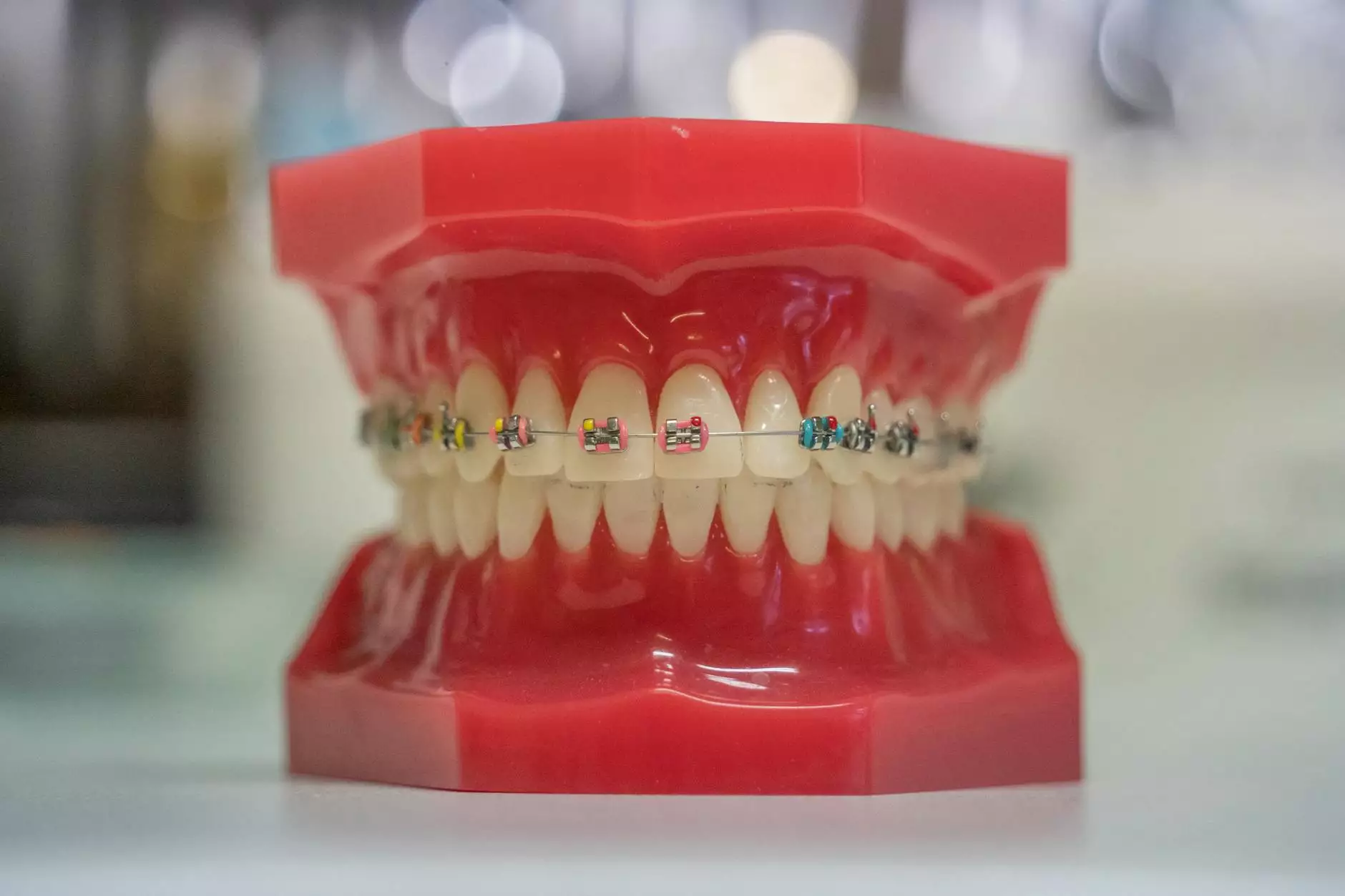Understanding the Cost of Dental Implants: A Comprehensive Guide

The journey to restoring your smile can often lead to one essential question: how much are dental implants? This inquiry is not merely about the price tag but encompasses various factors shaping the overall cost and the value you'll receive. In this article, we will delve deep into the intricacies connected with dental implants, helping you make informed decisions about your dental care.
What Are Dental Implants?
Dental implants are prosthetic devices that act as artificial roots for missing teeth. Typically constructed from titanium, they are surgically placed into the jawbone, where they fuse with the bone through a process known as osseointegration. This creates a sturdy base for the attachment of replacement teeth, resulting in a natural-looking and functional solution for tooth loss.
Factors Influencing the Cost of Dental Implants
The cost of dental implants can vary widely based on several key factors. Understanding these can help demystify the price you may encounter:
- Type of Implant: There are several types of dental implants, including endosteal and subperiosteal implants. Endosteal implants are the most common, and their price range can differ from that of subperiosteal implants.
- Location of the Dental Clinic: The geographical location can significantly impact prices. Urban centers typically have higher costs due to demand and overhead expenses.
- Additional Procedures: Sometimes, additional treatments like bone grafting or sinus lifts are required, which can increase overall costs.
- Experience of the Dentist: A skilled, experienced dentist may charge more, but their expertise can provide greater assurance of a successful outcome.
- Dental Technology Used: Clinics that use advanced technology for procedures might charge higher fees but often provide superior results and heightened comfort.
Average Costs of Dental Implants
Understanding the average costs associated with dental implants can better prepare you for your dental journey. Generally, the costs can range between:
- $1,000 to $3,000 for a single dental implant.
- If additional components, such as the abutment and crown, are included, prices may range from $3,000 to $5,000 per implant.
- For multiple implants or full mouth restoration, costs can exceed $20,000.
Types of Dental Implants and Their Costs
Different types of dental implants can influence the overall expenditure. Here’s a closer look:
1. Endosteal Implants
These are the most prevalent type of implants and are placed directly into the jawbone. Depending on the complexity, the costs can be between $1,000 and $3,000 for each implant.
2. Subperiosteal Implants
These implants are placed under the gum but on or above the jawbone. This type might be recommended for patients who may not have enough healthy jawbone and prefer not to undergo bone augmentation surgery. Prices can be approximately $2,500 to $4,500 per implant.
3. Zygomatic Implants
These are special implants used when there is severe bone loss in the upper jaw. Due to their complexity, they can cost between $5,000 and $15,000 each, making them a more costly option.
Other Costs Related to Dental Implants
It is also important to consider other associated costs when evaluating how much dental implants will ultimately cost you:
- Consultation Fees: Most dental offices charge for the initial consultation, which can range from $100 to $300.
- Diagnostic Imaging: Dental X-rays or 3D imaging are essential to assess your condition, adding another $200 to $500 to your total.
- Bone Grafting: If there isn't enough bone to support the implant, a graft may be necessary, costing from $200 to $3,000.
- Abutments and Crowns: The abutment (the connector piece) and the crown (the visible part) can add another $1,000 to $3,000.
Financing Options for Dental Implants
Dental implants represent a significant investment in your health and self-esteem. Fortunately, various financing options are available to help manage this expense:
1. Dental Insurance
Some dental insurance plans cover a portion of the cost of dental implants. Always check with your provider to understand your coverage.
2. Payment Plans
Many dental clinics offer in-house financing or payment plans to allow patients to spread payments over time, making the process more financially manageable.
3. Health Savings Accounts (HSAs)
Utilizing an HSA can be an effective way to pay for dental implants since contributions are often tax-free when used for medical expenses.
4. Loans and Third-Party Financing
Some companies specialize in healthcare financing, allowing patients to secure loans with flexible payment terms specifically for dental treatments.
Life-Changing Benefits of Dental Implants
Considering the cost is essential, but understanding the transformative benefits of dental implants is equally crucial. Here’s how dental implants can enhance your life:
- Improved Functionality: Dental implants restore chewing and speaking functions, enabling you to eat comfortably and communicate clearly.
- Enhanced Aesthetics: Dental implants mimic the appearance of natural teeth, improving your smile and overall confidence.
- Long-Lasting Solution: With proper care, dental implants can last a lifetime, making them a worthwhile investment.
- Bone Health Preservation: Implants stimulate natural bone growth, preventing bone loss that often accompanies missing teeth.
Conclusion
In conclusion, while the question of how much are dental implants is important, it is equally vital to recognize the lasting value and life-enhancing effects they provide. By considering the various factors that influence costs, understanding the different types of implants available, and exploring financing options, you can make a well-informed decision about your dental healthcare. Embracing this journey not only leads to a beautiful smile but also significantly enhances your quality of life.
For personalized advice and to explore your options further, don't hesitate to reach out to a dental professional at wupdoc.com.









